BP53
It’s been 25 years . . . since my best friend died of colon cancer. She was 25 years old. They said the odds were greater than one in a million for a woman her age to have colon cancer, but I guess she was the one.
So wrote Brenda Winter, a reporter with a small town newspaper in her column. For weeks, Brenda faithfully traveled every day to visit her dying friend in the hospice wing of a hospital in a neighboring city. Every time she walked through the hospital on the way to her friend’s room, she passed through a courtyard where a large planter of cheery yellow marigolds greeted her.
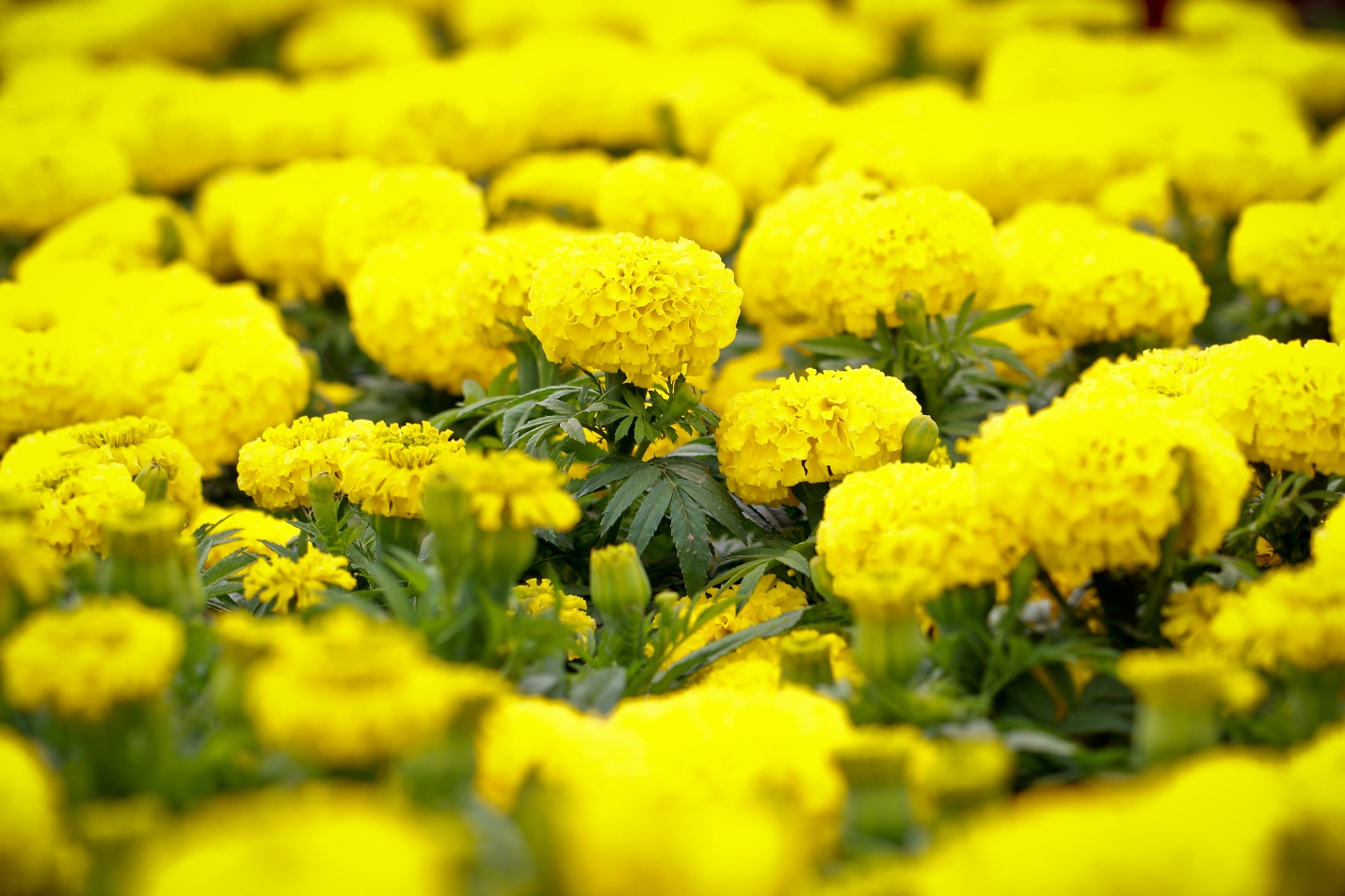
It was almost too overwhelming at times to experience such an odd combination of beauty and joy and pending death. How can the flowers keep blooming? How can the sun keep shining? How can the sky be so blue?
Have any of you experienced this incongruity that Brenda describes when the world of the living collides with the world of the dying?
Whenever I have sat at a deathbed and shared the often plodding journey of dying—sometimes for two weeks at a time–I have experienced that same sense that the whole world should stop just as my world had and honor the extended farewell of an eternal soul. When the river of death flows into the river of life, something in the atmosphere shifts. It feels almost tangible–maybe like barometric pressure tumbling precipitously as an ominous tornadic storm approaches.
For a while she was interested in my daily reports about life outside the hospital and the weather and the marigolds. Then one day she didn’t care anymore and it occurred to me that she never would again.
What heavy sadness those words carry: she didn’t care anymore and . . . she never would again.
Brenda’s observation is so true. People on the dying path seem to be almost normal in the beginning—obviously much weaker and sleeping a lot more due to exhaustion and/or pain medications—but still carrying on conversations and engaging with the people around them. But as they move closer to death, it is like they only have one toe remaining in this world and nine already planted on the terrain of the next.
I remember showing my dying mother pictures of her grandkids almost daily and being heartened by her interest in the living. Then the day came when even these precious images failed to hold her attention. It was as if she had lost interest in this world.
How sad for the living when the dying begin to communicate so little. Their focus is clearly shifting from the mortal to the immortal. Increasingly, we cannot share with them what they are experiencing. They are leaving us behind. Where they are going, we cannot follow.
It is here that the deep sadness of loss turns into an aching in the soul. The dreaded final separation draws near. We did not know it would be like this.
They turn their backs to us and gaze at something else.

It is as if they are being summoned across some vast indefinable ocean to another land of new, eternal climes. New may not always mean better.
Hopefully, the Light of the world will meet them on the distant shore.
True, when the dying slowly open their hands and the temporal strands they once gripped in their fingers begin to fall away, it is because their physical bodies are failing them. But it is more than just that–the spirits of the dying are transitioning into eternity.
For all their lives on this planet, physical reality was so compelling, and the spiritual world seemed so far away—so incredible, almost unreal. But then, as their bodies fade, the reality of this world also fades away like a mirage in the desert. Step by step, the dying are walking further into the spiritual reality that has always been but a breath away. It is where God dwells.
In the end, the spiritual is the greater reality—in spite of what materialists will insist. The spiritual travels onward forever while the material is but for a moment and is left behind like a cocoon.
As Paul writes, So we do not lose heart. Though our outer self is wasting away, our inner self is being renewed day by day. For this light momentary affliction is preparing for us an eternal weight of glory beyond all comparison, as we look not to the things that are seen but to the things that are unseen, for the things that are seen are transient, but the things that are unseen are eternal ~ 2 Corinthians 4:16-18.
Brenda’s friend was looking far past marigolds. She was seeing the eternal unseen.
**
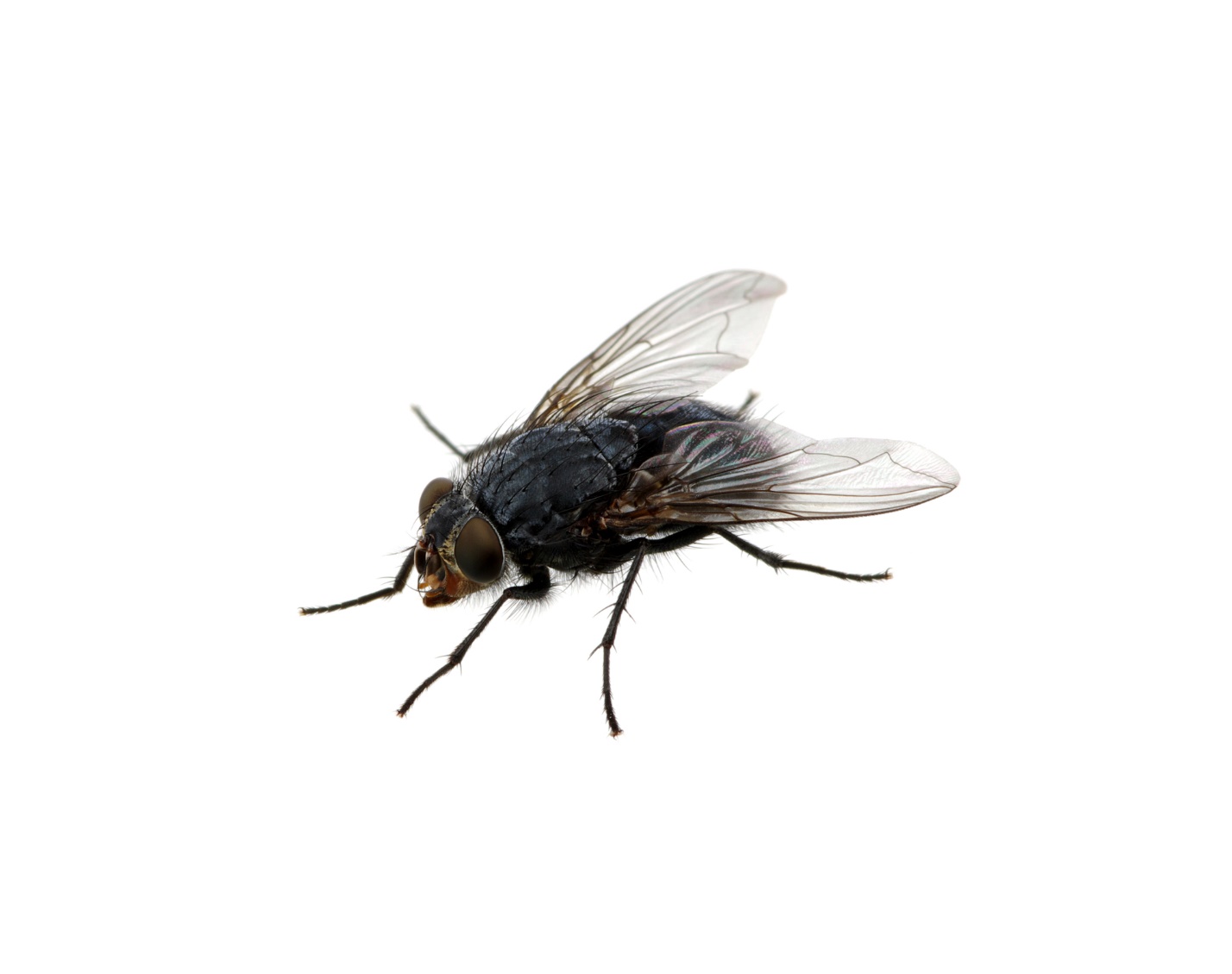
I heard a Fly buzz – when I died –
The Stillness in the Room
Was like the Stillness in the Air –
Between the Heaves of Storm –
The Eyes around – had wrung them dry –
And Breaths were gathering firm
For that last Onset – when the King
Be witnessed – in the Room –
I willed my Keepsakes – Signed away
What portion of me be
Assignable – and then it was
There interposed a Fly –
With Blue – uncertain – stumbling Buzz –
Between the light – and me –
And then the Windows failed – and then
I could not see to see –
This poem by Emily Dickinson first began to haunt me all the way back in high school. Many have offered interpretations of it. I view the appearance of the insignificant fly in her dying room as a symbol of this flimsy physical world. It buzzes around her, ironically seeming so present, so real, when another reality has already drawn her attention away from this world of the seen.
The solitary fly is but a fleeting and hollow contrast to what the dying woman is about to do: fly into eternity where physical sight no longer matters because she will be seeing a whole new world with totally new eyes.
I Corinthians alludes to this spiritual eternity when it says, What no eye has seen, nor ear heard, nor the heart of man imagined, what God has prepared for those who love Him—these things God has revealed to us through the Spirit. . . . The natural person does not accept the things of the Spirit of God, for they are folly to him, and he is not able to understand them because they are spiritually discerned.
Like Brenda’s friend who was slowly withdrawing from the world of weather, marigolds, and even her dear friend, so Emily Dickinson’s poem about dying captures the same unspeakable sense that the physical world is no longer of interest—especially in the end . . . or should I say, in the beginning—as the person’s final toe lifts off the ground of this world and she is finally free to fly home.
A lone fly buzzes across her visual field in that final moment. Then she breathes her last, and her physical body along with her physical sight is vacated never to be utilized again. Never to be needed again. The dark door known to some as an exit but to others as an entrance is kicked open by Jesus leading to new sight and eternal life for those who have the Spirit of God.
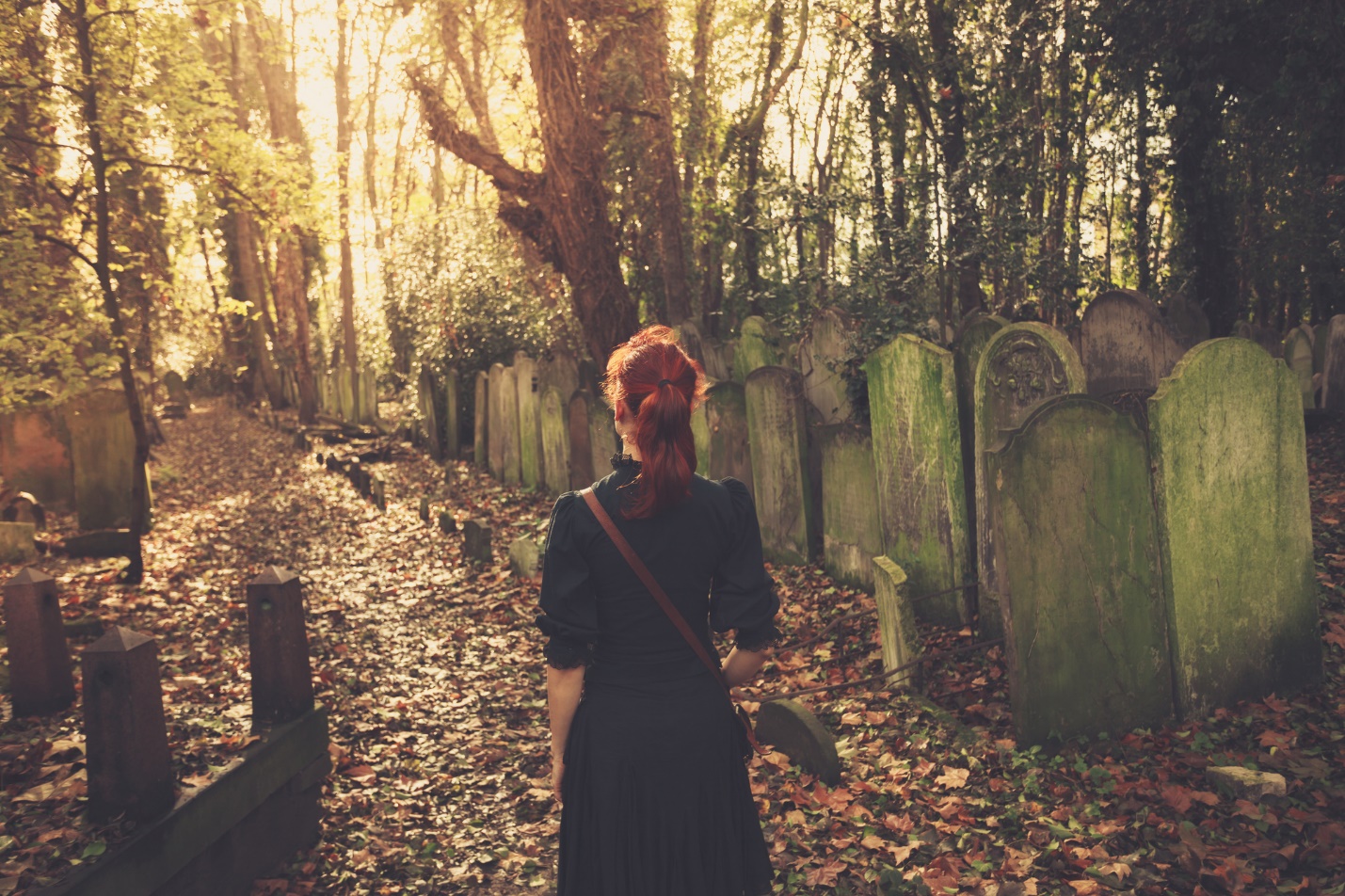
Emily Dickinson struggled mightily with faith and with the prospect of death. As Karen Swallow Price comments, Dickinson doubted God, religion, ministers, and marriage. But she doubted none of these more than she doubted herself. Despite this, her life and poetry suggest nothing could entirely still the Christian faith that nibbled at her soul.
Emily was wrestling with the faith that ushers in the eternal weight of glory mentioned in 2 Corinthians 4.
Emily herself wrote the following words:
Faith—is the Pierless Bridge
Supporting what We see
Unto the Scene that We do not
**
Countless others have written about dying and death. Here is what a few have said.
I am dying: it’s a beautiful word. Like the long slow sigh of the cello: dying. But the sound of it is the only beautiful thing about it ~ Sonya Hartnett, Surrender
When we finally know we are dying, and all other sentient beings are dying with us, we start to have a burning, almost heartbreaking sense of the fragility and preciousness of each moment and each being, and from this can grow a deep, clear, limitless compassion for all beings ~ Sogyal Rinpoche
I have seen many die, surrounded by loved ones, and their last words were ‘I love you.’ There were some who could no longer speak yet with their eyes and soft smile left behind that same healing message. I have been in rooms where those who were dying made it feel like sacred ground ~ Stephen Levine, A Year to Live: How to Live This Year as If It Were Last
That’s what it means to die, to not be able to stop looking at whatever’s in front of you. Some darn thing placed directly there, with nothing you can do about it… ~ Philip K. Dick, A Scanner Darkly
These words express hope, despair, the transience of things, inevitability, and the sacredness of dying and death. Yes!–the sacredness where eternity leaks into the temporal as the dying person begins to experience a shift in world allegiances.
I guess one could say that dying and death are a package deal. Of course, they are not the same. Dying is the journey and death is the destination. Some fear both. Those who walk with Jesus, fear but one—at most.
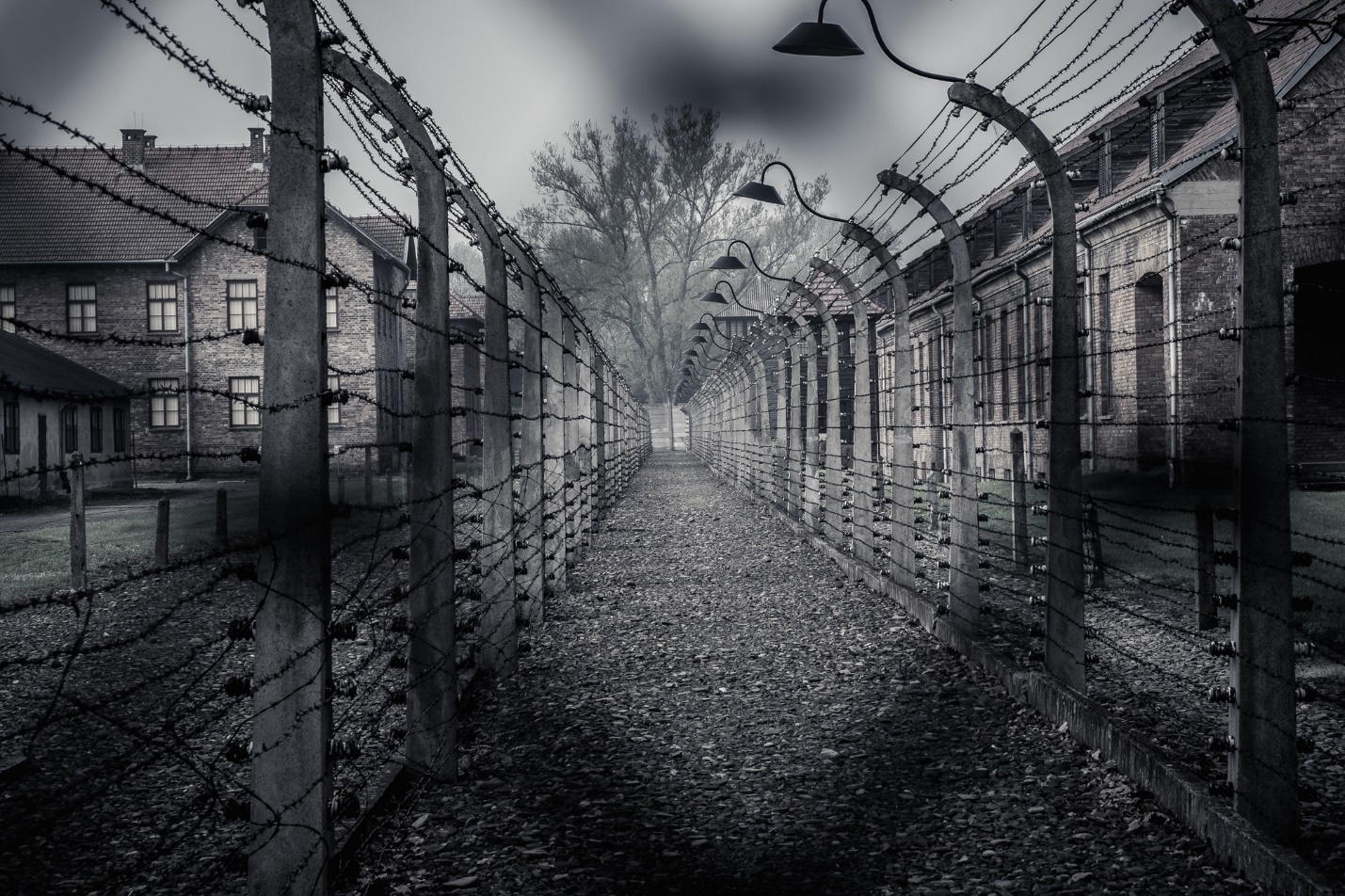
There is a story about Corrie Ten Boom, a believer in Jesus Christ who survived a German concentration camp during WWII. One day long before her whole family was arrested for hiding Jews in their house, she confided in her wise father about her fear of dying and death. Hear his response to his daughter:
Father sat down on the edge of the narrow bed. “Corrie,” he began gently, “when you and I go to Amsterdam-when do I give you your ticket?”
I sniffed a few times, considering this.
“Why, just before we get on the train.”
“Exactly. And our wise Father in heaven knows when we’re going to need things, too. Don’t run out ahead of Him, Corrie. When the time comes that some of us will have to die, you will look into your heart and find the strength you need-just in time.”
When I hear Corrie’s intimate conversation with her father, I think of Lamentations 3:22,23: The steadfast love of the Lord never ceases; his mercies never come to an end; they are new every morning; great is your faithfulness.
When our dying journey shifts into high gear–the one that will in the end remove even our tenth toe from terra firma–the great news for believers in Jesus is that God will give us the strength we need to walk it, day by day. But not before we get there.
Just like the manna in the wilderness, we cannot gather God’s mercy and strength for Tuesday on Monday. He will grant us mercy for each day as the sun rises on that morning. This daily manna of mercy includes when we see our dying time walking toward us—not decades away this time but months, weeks or maybe even days. Our Father will give us strength for each day on each day—not before.
On our dying day, we will receive the most precious manna of all as, beholding His face, we are undistracted by mundane marigolds and pesky flies.
So, please, do not worry about tomorrow when you have not even been given the grace and strength for tomorrow yet. Trust Jesus with tomorrow. He knows what it holds. He sees. Your times are in His hands. He is greater than tomorrow.
We do need God’s special mercy for dying. Make no mistake about that. I suppose there are those, of course, who attempt to venture into that dark night of dying with self-sufficiency and even bravado. I’m sorry to hear that many choose that path and that some even see it as a badge of courage.
I view steely courage apart from God in the face of death like someone choosing to swim deep down into an ocean trench for an hour by holding his breath when an air tank is readily available.
Dying is that big of a deal, and Jesus’ presence makes all the difference. He will be with us in our dying in a way that no human can.
So, we do need God’s special mercies that are new every morning on our journey of dying toward our rendezvous with death. We need His steadfast love and close presence to deal with the pain, the parting, and the paradigm shift. Don’t leave earth without Him, is the urgent truth.

What is this paradigm shift? Once you discover you are dying (and have embraced that truth) and know that your death day is on the calendar, so to speak, a shift occurs—the one I mentioned above, the one Brenda observed in her friend. The shift is coming nose to nose with the awareness that you will not be living forever in your physical body.
An end is coming—to the vehicle you have inhabited from the beginning and also to everything you know around you.
Marigolds, lush grass under your bare feet, the morning sunrise, the voice and smile of your loved ones, your fingers and your toes and the face you have forever seen in the mirror—you will be bidding them all farewell. The awareness of endings and the knowledge that you are transitioning to another, unseen world (even if you attempt to suppress the truth of it) is a paradigm shift like no other. It impacts you on every level: physically, spiritually, relationally, psychologically.
If you have a saving relationship with the One who has defeated death, dying will be radically different than if you face it alone. Jesus will temper, or should I say, totally transform the paradigm shift. With Him, the end is actually the beginning. It is the entrance to life not the exit to death.
Yes, the paradigm shift is probably even weightier than the pain and the parting, at least in the beginning. It is the heavy black shroud that had always hung, waiting, in the back closet in the darkest corner of the basement. You rarely, if ever, gave it a thought. You never considered wearing it—not really. A part of you—healthy denial, some will call it—somehow thought you never would.
But now here it is—it has shown up in the very room where you are. In fact, now it has been placed on your shoulders. You are clothed in it. It is heavy and you want to cast it away. But it is now yours. Until the day you die. No, no, no, no!
Once the shroud descends on you, your status in this world undergoes a change—part of the paradigm shift. You are no longer among the living, it seems. You are now listed among the dying. A whole new category. An undesirable label, a reality you may wish to shun. Unless . . .
So, dying brings with it pain, parting and the paradigm shift. They all infuse the dark journey with the presence of unwanted things. The stuff of nightmares, even.
But then, some are given an amazing solace even among the nightmares: So we are always of good courage. We know that while we are at home in the body we are away from the Lord, for we walk by faith, not by sight. Yes, we are of good courage, and we would rather be away from the body and at home with the Lord. So whether we are at home or away, we make it our aim to please Him ~ 2 Corinthians 5:6-9
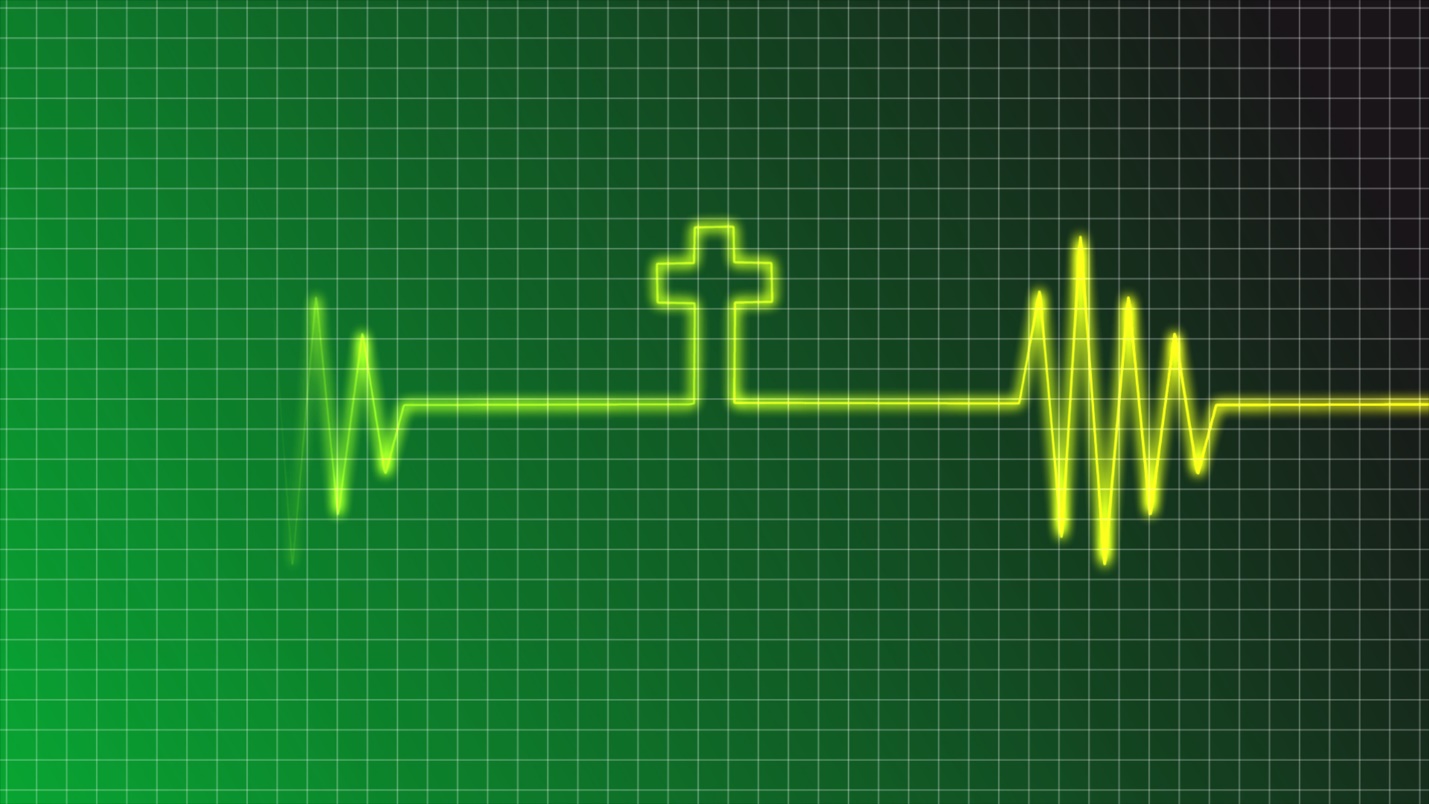
Dying and death take on a totally different hue when we are reminded that they lead us homeward; when they have been tamed, as it were, and are now trained to deliver us into the presence of our Creator, Redeemer, Lord, Brother, and Friend. The paradigm shift that accompanies dying crumbles before another paradigm shift that towers far above it and renders it meaningless, harmless; that turns it from evil to good.
**
I could end these reflections about dying by trotting out a sugary-sweet Christian message and claim that all is well. If I did that, there are those who would accuse me of taking a heavenly brand engraved with angels and harps and pearly gates and slapping it onto death like some superficial tattoo. Only skin deep. Duct tape used to repair a leak in the Hoover dam.
Fortunately, Jesus is not spiritual duct tape or some cosmetic brand. Neither is He a magic wand that is waved over our sin and death and—abracadabra—they are whisked away. No, Jesus is the hard-as-nails Deliverer who pursued us down to this world with its myriad valleys of darkness and put on the very human skin that was subject to dying, to mortality. He was born in our likeness and walked where we now walk.
Most importantly, He Himself put on the heavy dark shroud of dying and death that we will all wear one day. In fact, He bore it for us.
Philippians 2 says, Have this mind among yourselves, which is yours in Christ Jesus, who, though He was in the form of God, did not count equality with God a thing to be grasped, but emptied Himself, by taking the form of a servant, being born in the likeness of men. And being found in human form, He humbled Himself by becoming obedient to the point of death, even death on a cross. Therefore, God has highly exalted Him and bestowed on Him the name that is above every name . . .
Hebrews 2 further describes Jesus’ coming into this world of dying and death for us: Since therefore the children share in flesh and blood, He Himself likewise partook of the same things, that through death [His sacrificial death on the cross] He might destroy the one who has the power of death, that is, the devil, and deliver all those who through fear of death were subject to lifelong slavery.
No, Jesus did not step out to the edge of heaven and wave a magic wand over this world to make everything better. Rather, He became flesh and blood like us and willingly gave up His life and then was raised again so He might say with authority, I am the resurrection and the life. Whoever believes in me, though he die, yet shall he live ~ John 11:25.
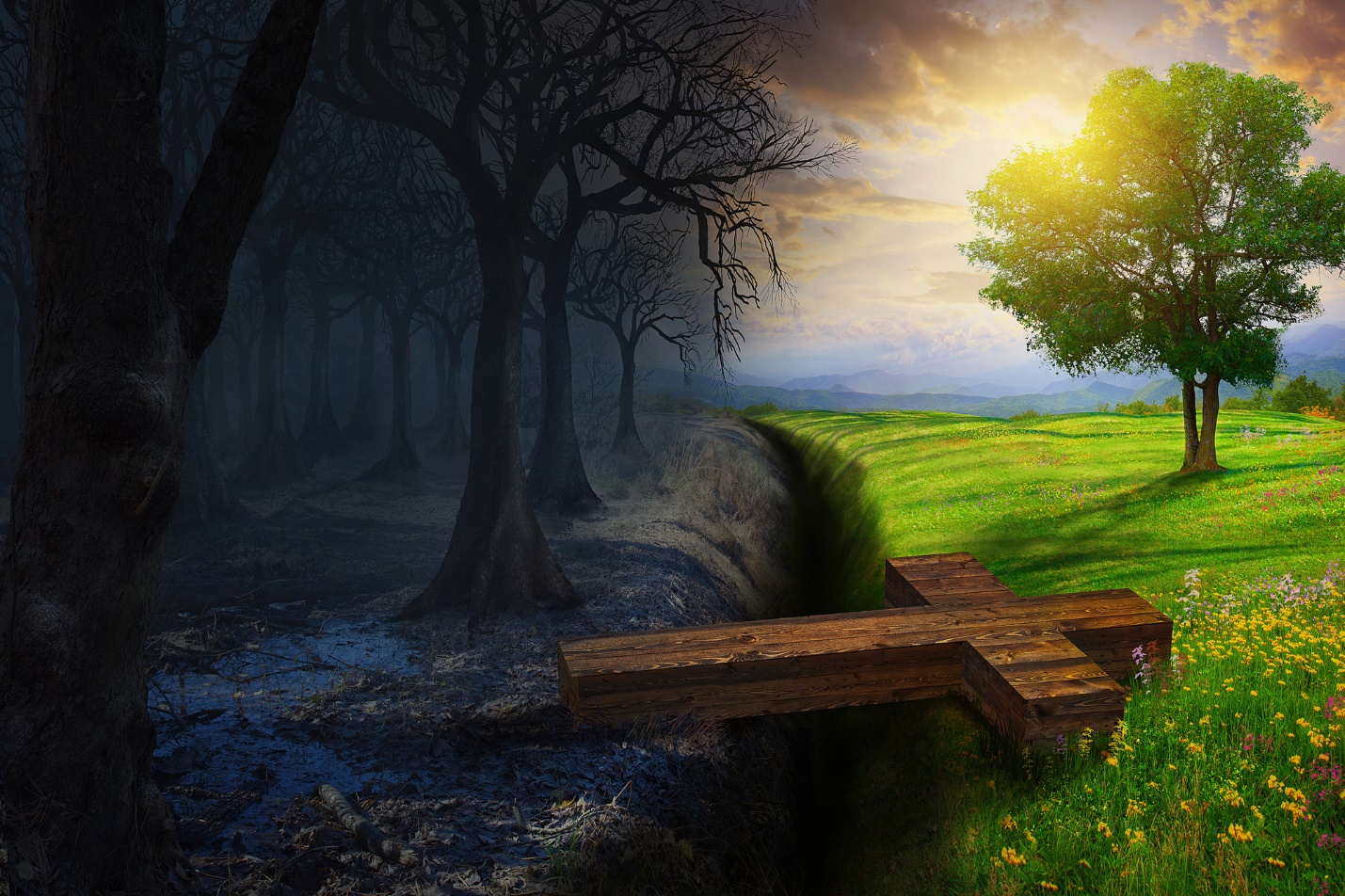
The person of Jesus and His death and resurrection fit the harsh reality of the fallen physical and spiritual world like nothing else. Physically, our bodies die because of sin but Jesus came to pay the penalty for our sins that we might live. Spiritually, we are separated from God, but Jesus came to be the reconciling bridge that connects us with the holy Father never to be separated again.
Because God so loved the world that He gave His only begotten son for us, we who believe in Jesus will die physically but the death of our bodies no longer must guarantee the beginning of eternal separation from God and others. Rather, it announces the beginning of the most amazing paradigm shift in the universe and beyond.
In short, Jesus came for us—Immanuel, God with us. He came to rob death.
On occasion, the thought of dying buzzes across the eye of my mind like a pesky fly to be shooed away. I know the shroud hanging up in the basement will come to me one day and I shall don it. You know—the inescapable realities of death and taxes.
Although dying can be a long and difficult path with the sights, sounds, smells, and sensations that are largely unsavory to me, I do not frame it as a specter. As one who knows Jesus and the promises in His word more intimately every day, dying has increasingly become the passport to get me to the door of death which, in turn, Jesus will open to the presence of God forever.
Finally Home, a song by Don Wyrtzen, captures how dying and death seen through the eyes of faith can be transformed into vehicles that take us home. Here are the lyrics to one of the verses and the chorus:
When surrounded by the blackness of the darkest night,
oh how lonely death can be.
At the end of this long tunnel is the shining light,
for death is swallowed up in victory
but just think of stepping,
On shore and finding it Heaven,
of touching a hand and finding it God’s
Of breathing new air and finding it Celestial,
Of waking up in Glory and finding it Home.
Only Jesus can transfigure something as dark as dying and death into a homecoming party like no other.
**
When I think of the marigolds Brenda saw in the hospital courtyard during her daily visits to her dying friend, I am reminded of Jesus’ words about a different type of flower.
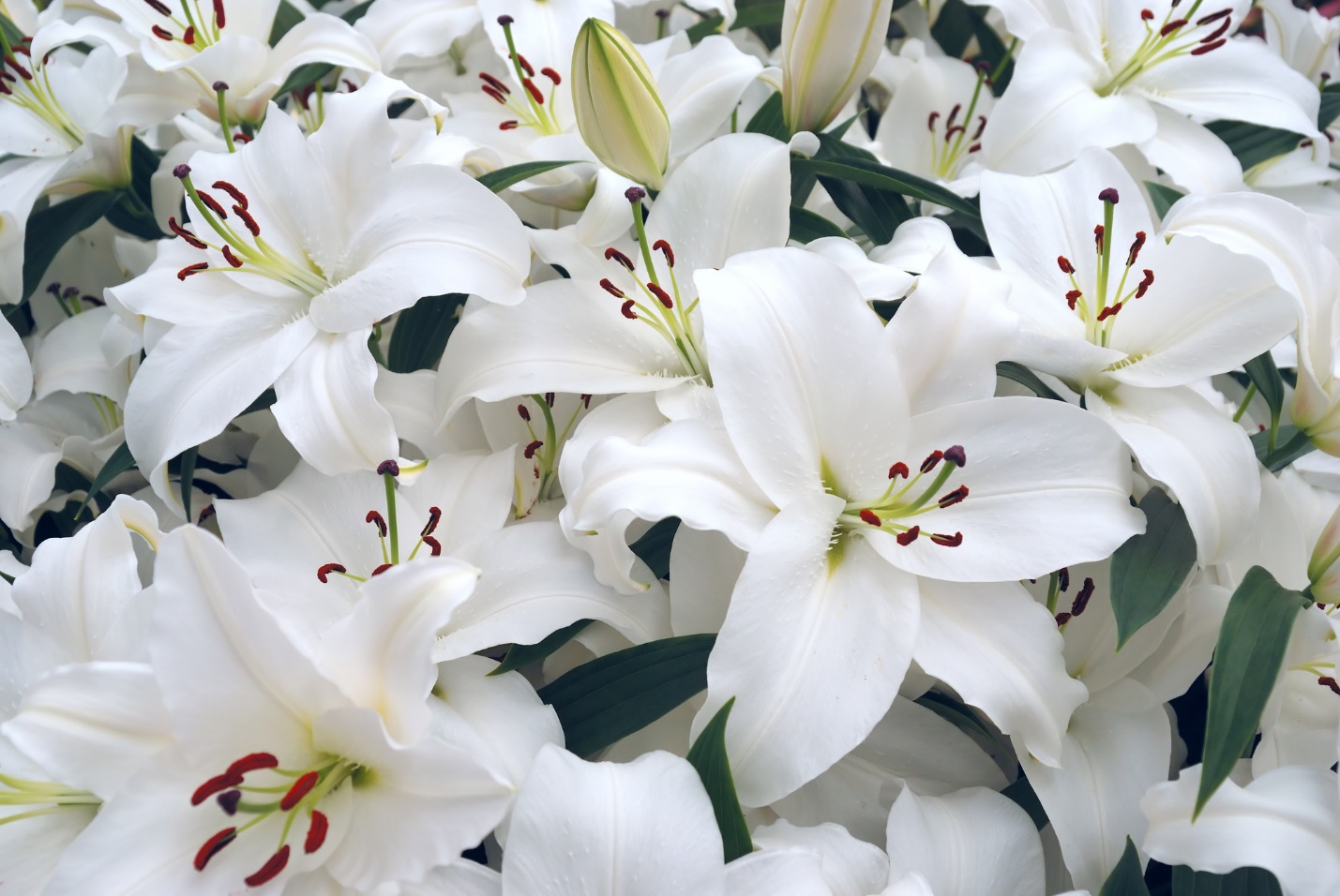
And why are you anxious about clothing [even the dark shroud of dying]? Consider the lilies of the field, how they grow; they neither toil nor spin, yet I tell you, even Solomon in all his glory was not arrayed like one of these. But if God so clothes the grass of the field which today is alive and tomorrow is thrown into the oven, will he not much more clothe you, O you of little faith? Therefore, do not be anxious ~ Matthew 6:28ff
Jesus will give us the manna we need when we need it even when it comes to dying. Like Corrie’s father, He will give us our ticket to ride into glory on that day. He will give comfort for anxiety, presence for aloneness, joy for dying, life for death. Our fingers will release everything in this world only so they can grasp His outstretched hand. Nothing else is worth the cost of letting go.
Savor the marigolds that speak of the beauty of God’s creative design. But never forget the lilies that remind us of His loving presence with us as we journey through the dying fields and then enter eternal life. He will walk with us every step of the way—even when we walk where no other loved one can go.
In His presence, the pain and tears will be no more. Parting will be replaced by a homecoming party with every brother and sister who heard and obeyed the call of the Good Shepherd.

Above all, we will see Him and be with Him—always. Forever and ever. Amen.
God Himself will be with them as their God. He will wipe away every tear from their eyes, and death shall be no more, neither shall there be mourning, nor crying, nor pain anymore, for the former things have passed away ~ Revelation 21:3bff
